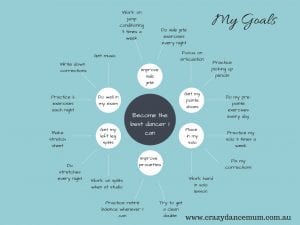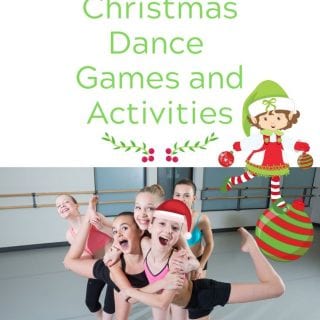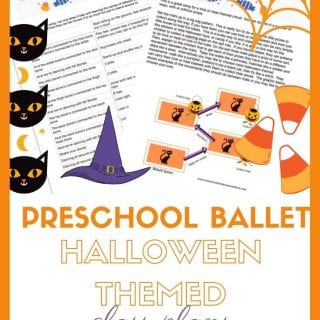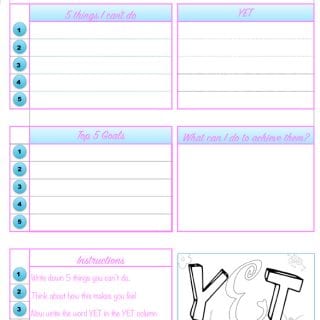As a dance teachers we all set goals for our students. We set goals for the lesson, for the term, for the year. This is great, but, even greater is if we can also teach our students how to set and be responsible for achieving their own personal goals. Goal setting is so important as it allows a dancer to know exactly what they want to achieve and helps them to focus on how to achieve it. Most dancers are super busy. When they have time to focus on achieving their goals, it really important that they can pin point exactly what they need to do. Once a big goal has been broken down into smaller ones it is possible to start working on achieving mini goals. As each mini goal is achieved, self confidence grows and the dancer is more motivated to put in the effort to keep working towards their goals.
Current research on goal setting focusses on the SMART model.
- S – Specific (or Significant).
- M – Measurable (or Meaningful).
- A – Attainable (or Action-Oriented).
- R – Relevant (or Rewarding).
- T – Time-bound (or Trackable).
More information is available here.
So what does this mean for us as dance teachers. Well, first of all, it means helping our dancers decide on what their big goal should be. Is it to become the best dancer they can be, is it to master certain dance moves, is it to be selected for something specific? Often the things they ‘think’ they want to be able to do, the ‘Inspired by Instagram’ moves may not be what we consider to be the most worth goal but, a goal is a goal. This main goal is the central or specific goal. From there, we can start to discuss what smaller goals might help to achieve this bigger goal. Even if the main goal might not be something we necessarily think is great, often times the smaller goals are helpful in achieving a range of other skills. So, for example, if their goal is to be the best dancer they can be, some mini goals might be, mastering a certain dance step, improving flexibility, doing well in competitions. These are goals that are attainable and measurable.
Here is an example of how this might look on a brainstorming sheet.
You can download a blank version of this goal sheet by entering your email address below.
These goals can then be broken down further. For instance, if the goal is to get your left leg splits, some steps to take might be to stretch 5 times a week for 3 weeks. At the end of each week, you may decide to take progress photos. This makes the goal time bound and trackable. Your dancer should already know which stretches they need to do. If not, they can ask their teacher. These stretches can then be put on a goal chart. For example, you may decide that completing the stretches 5 times a week is an achievable goal. Here is an example of a goal chart. The actionable steps that they take, such as hamstring stretches are relevant to both their mini goals and their main goal. This is a great motivation when it comes to the nitty gritty of daily action. You can download a blank one by entering your email below.
Helping your dancers to map out their goals like this helps to ensure they will achieve them. I often hear dance mums saying things like, oh she loves dancing, she dances 24/7. That’s wonderful. Now imagine if this time was actually being channelled into working on actual goals. Kids are lucky. They can improve things like flexibility relatively quickly. I see it all the time, dancers get close to their splits, they see the possibility and practice obsessively for the next week. When they come back to class, the improvement is phenomenal. Helping your dancers to set goals in this way, helps ensure this kind of improvement across all areas of their dancing. And of course, because dance is such a all round great education, learning to set goals in the dance studio, sets your dancer up to achieve in all sorts of other areas of their life.
You can read more about helping your dancer achieving their goals in this post about dancers and mindsets and this post about dealing with back row disappointment through setting goals and this post about helping your dancer understand corrections.
Please share this post if you think it might be useful to others. I’d love to hear from you, so please leave a comment or contact me here.





